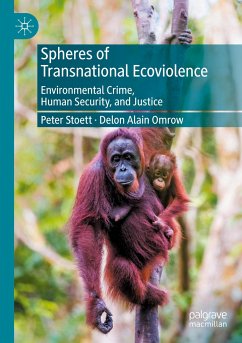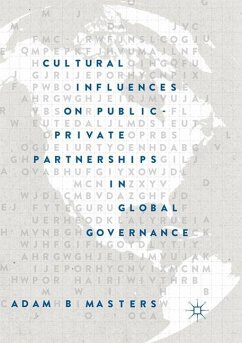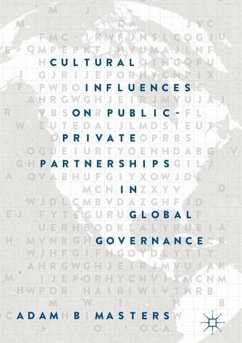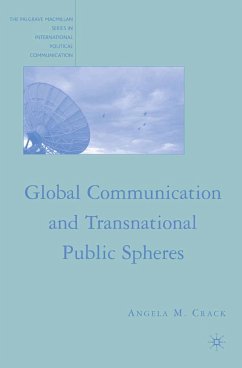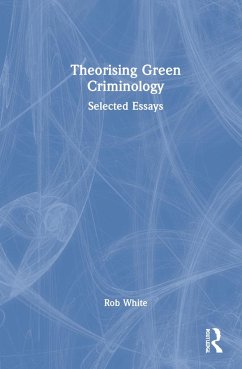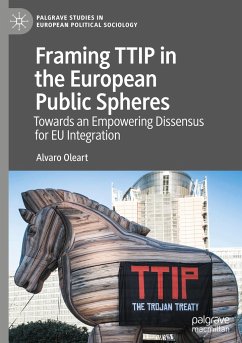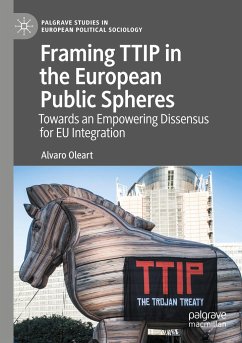
Spheres of Transnational Ecoviolence
Environmental Crime, Human Security, and Justice
Versandkostenfrei!
Versandfertig in 6-10 Tagen
76,99 €
inkl. MwSt.
Weitere Ausgaben:

PAYBACK Punkte
38 °P sammeln!
This book explores violence against the environment within the broad scope of transnational environmental crime (TEC): its extent, perpetrators, and responses. TEC has become one of the greatest threats to environmental and human security today, as well as a lucrative enterprise and a mode of life in many regions of the world. Transnational Spheres of Ecoviolence argues that we cannot seriously consider stopping TEC without also promoting environmental (and climate) justice. The spheres covered range from wildlife and plant crime to illegal fisheries to toxic waste and climate crime. These act...
This book explores violence against the environment within the broad scope of transnational environmental crime (TEC): its extent, perpetrators, and responses. TEC has become one of the greatest threats to environmental and human security today, as well as a lucrative enterprise and a mode of life in many regions of the world. Transnational Spheres of Ecoviolence argues that we cannot seriously consider stopping TEC without also promoting environmental (and climate) justice. The spheres covered range from wildlife and plant crime to illegal fisheries to toxic waste and climate crime. These acts of violence against the environment are both localized in terms of event and impact, and globalized in terms of market drivers and internationalized responses. Because it is so often intimately linked to political violence, coerced labor, economic and physical displacement, and development opportunity costs, ecoviolence must be viewed primarily as a human security issue; the fight against it must derive legitimacy from impacts on local communities, and be twinned wth the protection of environmental activists. Reliance on the generosity of distant corporations or the effectiveness of legal structures will not be adequate; and militarized responses may do more harm to human security than good to nature. A transformative approach to transnational ecoviolence is a very complex task affected by the geopolitics of neoliberalism, authoritarian states, rebel factions and extremists, socio-economic patterns, and many other factors. In this challenging text, the authors capture this complexity in digestible form and offer a wide-ranging discussion of commensurate policy recommendations for governments and the general public.





